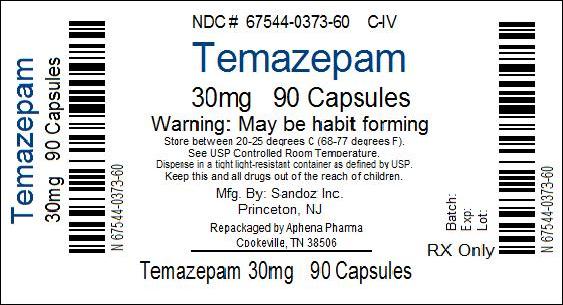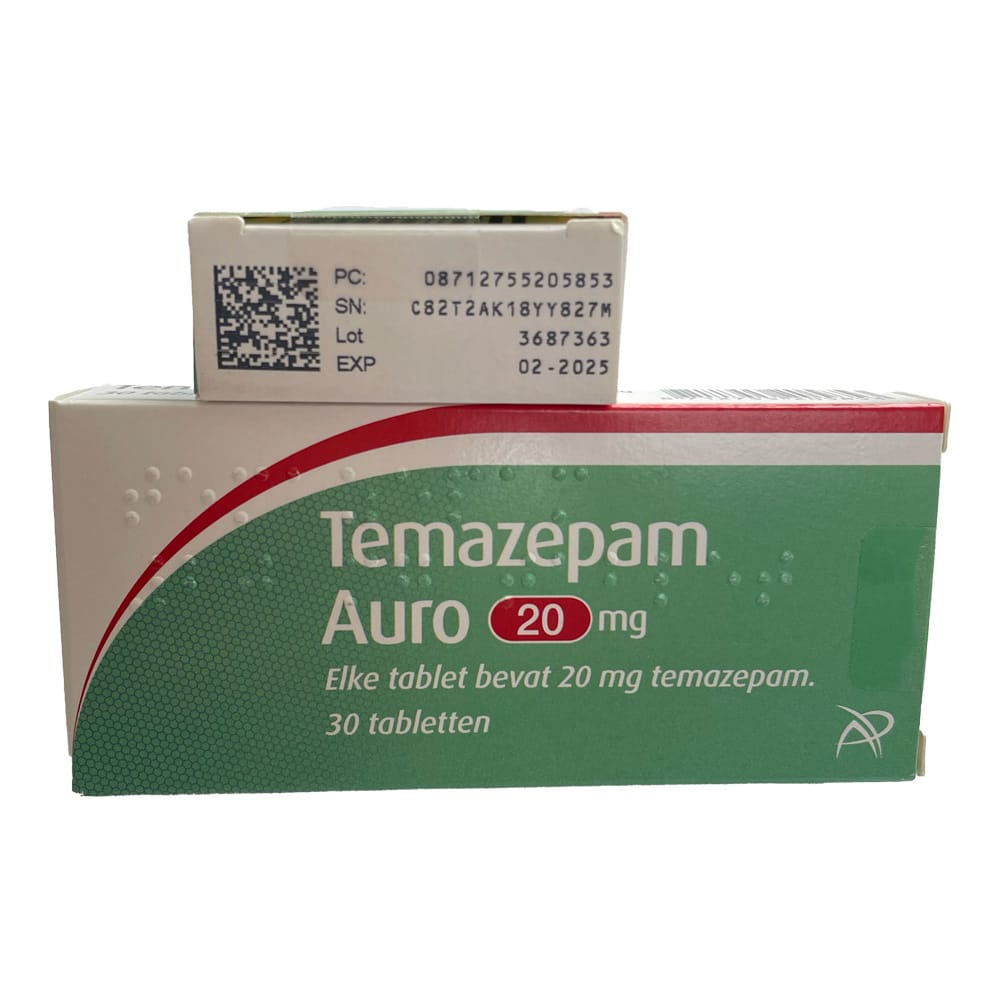Efficient Sleep Problems Medications for a Restful Night's Sleep
Sleeplessness postures a significant challenge for lots of people, often resulting in a decrease in total health. A variety of medications, both prescription and over the counter, exist to resolve this prevalent problem, varying from typical sedative-hypnotics to more contemporary choices. The efficiency and security of these choices can vary considerably among individuals. Comprehending the nuances of each type, in addition to the possible threats entailed, is essential for making informed choices concerning therapy. This expedition will uncover one of the most appropriate choices and considerations to make sure a genuinely restorative night's sleep.
Types of Sleep Problems Medications
Many types of medicines are readily available to attend to sleeping disorders, each developed to target details elements of sleep disruption. Mainly, insomnia medicines can be categorized right into two main teams: sedative-hypnotics and non-sedative options.
Sedative-hypnotics, which include benzodiazepines and non-benzodiazepine rest aids, are generally recommended to generate rest. Benzodiazepines, such as diazepam and lorazepam, work by boosting the impacts of the natural chemical gamma-aminobutyric acid (GABA), causing increased sedation. Non-benzodiazepine medicines, like zolpidem and eszopiclone, are designed to supply a quicker start of sleep with possibly fewer negative effects and a lower danger of dependancy compared to typical benzodiazepines.
On the other hand, non-sedative choices include medications like melatonin receptor agonists, which imitate the all-natural hormone melatonin, and specific antidepressants that have sedative residential properties. These options could be preferable for people with coexisting state of mind problems or those who choose to stay clear of traditional sleep medicines.

Typical Prescription Alternatives
A number of usual prescription choices are readily available for dealing with sleeplessness, each with unique mechanisms and effects. They boost the effects of the natural chemical gamma-aminobutyric acid (GABA), promoting leisure and rest start.
Non-benzodiazepine hypnotics, including zolpidem and eszopiclone, are liked choices. These drugs target details receptors in the brain, resulting in quicker beginning of rest with a lowered threat of reliance compared to benzodiazepines. They may still create side impacts such as dizziness or cognitive problems.
Melatonin receptor agonists, such as ramelteon, offer another choice by simulating the action of melatonin, a hormone that manages sleep-wake cycles. This class of medicine is non-habit developing and is particularly helpful for people with circadian rhythm conditions.
Last but not least, particular antidepressants, including trazodone and amitriptyline, might be prescribed off-label for insomnia due to their sedative effects. Each of these options need to be talked about with a doctor to establish the most suitable therapy based upon individual requirements and prospective side results.
Over-the-Counter Solutions
Over-the-counter (OTC) remedies for sleeping disorders are often looked for by people looking for options to prescription medications. These solutions commonly include components that promote leisure and aid rest start.
An additional prominent OTC option is melatonin, a hormone normally created by the body that regulates the sleep-wake cycle. Melatonin supplements can be particularly efficient for those experiencing jet lag or change job-related sleep disturbances. They are normally well-tolerated, although the ideal dose can differ amongst people.
It is crucial for consumers get redirected here to consult with health care professionals prior to using any type of OTC sleeping disorders medicine to my response make certain security and avoid communications with various other drugs. Ultimately, while OTC solutions can be valuable, they should be used thoughtfully and as component of an extensive technique to rest wellness.
Natural Treatments and Alternatives
The search of relaxing rest has actually led many people to explore natural remedies and choices that may provide relief from sleeplessness. Various choices, typically stemmed from conventional practices and alternative techniques, have obtained appeal among those looking for non-pharmaceutical treatments.
Natural supplements such as valerian passionflower, root, and chamomile are frequently made use of for their soothing residential or commercial properties. Valerian root, in specific, has been researched for its potential to improve rest high quality and minimize the time it takes to sleep. Chamomile, commonly eaten as a tea, is renowned for its mild sedative effects, making it a reassuring choice for night relaxation.
In addition, way of living alterations can dramatically impact sleep quality. Practices such as yoga and meditation promote leisure and lower stress and anxiety, possibly minimizing sleep problems signs and symptoms. Aromatherapy, using important oils like lavender and bergamot, is an additional method that some individuals discover valuable in creating a comforting sleep atmosphere.
While these natural solutions might offer relief, it is necessary to approach them with recognition and get in touch with a medical care professional, especially when combining with various other treatments. Each individual's response might differ, stressing the relevance of tailored approaches for accomplishing corrective sleep.
Tips for Safe Usage
When thinking about making use of insomnia drugs, it is crucial to focus on safety and security to lessen prospective dangers and improve efficiency. Speak with a health care specialist to discuss your specific rest concerns, existing clinical conditions, and any kind of other drugs you might be taking. This can help identify one of the most appropriate medicine and dose for your demands.
Second of all, stick purely to the recommended dosage and timing. Overuse or abuse can cause dependence or negative side results. It is likewise recommended to stay clear of mixing sleep problems drugs with alcohol or recreational medications, as this can considerably visit site raise the threat of harmful interactions.

Conclusion


Sedative-hypnotics, which include benzodiazepines and non-benzodiazepine sleep help, are typically prescribed to induce sleep. Non-benzodiazepine medications, like zolpidem and eszopiclone, are created to provide a quicker onset of sleep with potentially fewer side impacts and a reduced danger of dependancy contrasted to conventional benzodiazepines.
These medicines target details receptors in the mind, leading to quicker onset of sleep with a reduced risk of dependence compared to benzodiazepines. Speak with a healthcare specialist to review your particular rest concerns, existing medical problems, and any kind of various other medicines you might be taking.Furthermore, check your rest patterns and side impacts carefully.